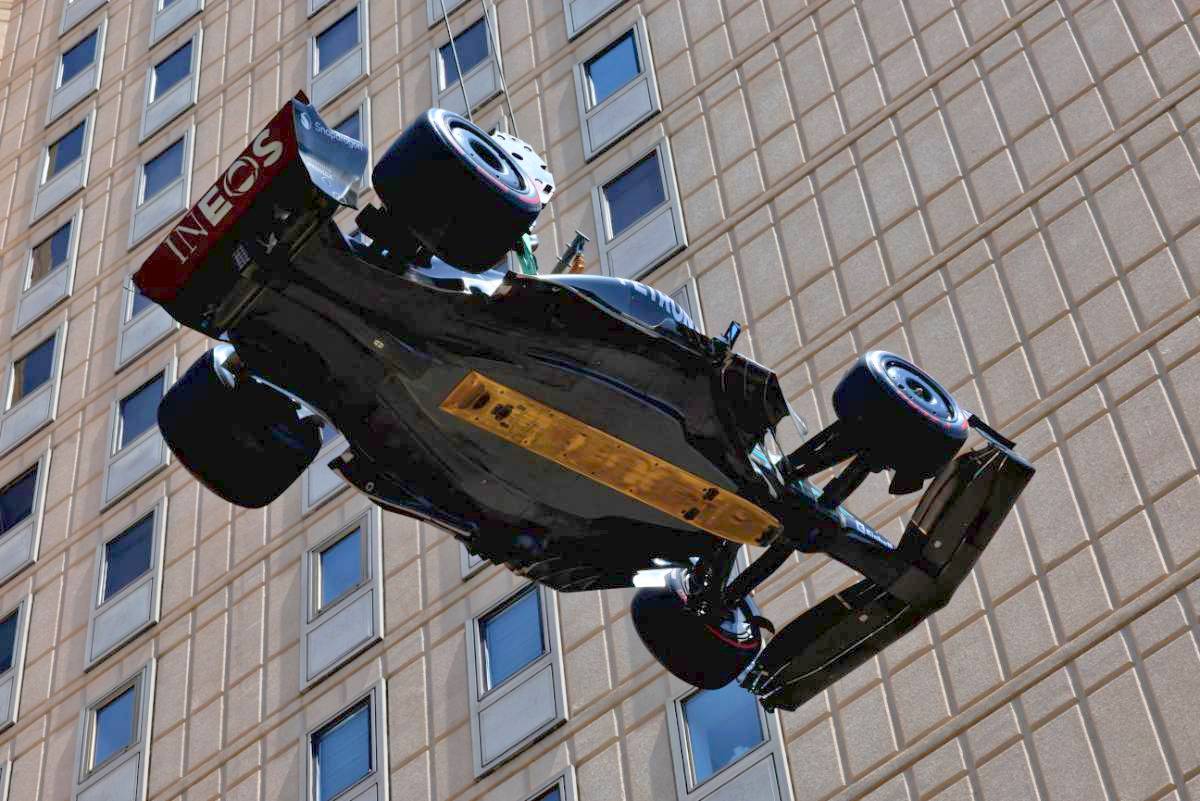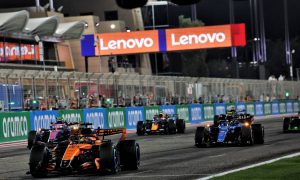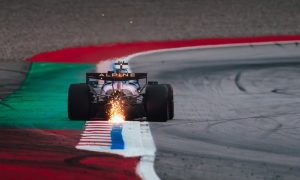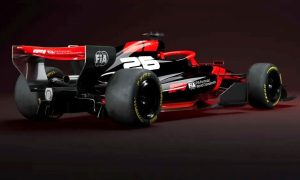
The FIA has revealed that it had initially only singled out the cars of Lewis Hamilton and Charles Leclerc for a post-race floor plank check in Austin when its concerns compelled it to extend its checks to two other cars.
Hamilton and Leclerc were both excluded from the results of the US Grand Prix when a post-race control revealed that the floor plank on the Mercedes and the Ferrari had worn beyond the 1mm margin authorized by the regulations.
That finding prompted the FIA’s technical delegate to extend its scrutineering to two other cars, the Red Bull of race winner Max Verstappen and the McLaren of Lando Norris, both of which were found to be in compliance of the rules.
However, ahead of this weekend’s Mexican Grand Prix, many in F1 argued that the governing body should have tested the floor planks of every car on the grid as rumors had emerged that many other cars had likely also fallen foul of the regulations.
In Mexico City this weekend, the FIA’s technical director Tim Goss explained that the checks on the cars of Hamilton and Leclerc prompted concerns of a potential systematic transgression caused by the track or the conditions.
“We selected two cars for our post-race check and inspected those,” Goss told Sky F1.
“The check takes a while, and we found that they were the wrong side of the regulations. That caused us some concern.

“What we wanted to do was try to understand whether the problem was systematic and something to do with that race, [or] the conditions at that race.
“So, we decided to then select another two teams, and we selected another two cars, which happened to be [Max] Verstappen and [Lando] Norris and check those.
“After we checked those two cars, then we found those two were the right side of the limit and all [was] fine.”
Addressing the criticism leveled at the FIA regarding why it did not take the time to conduct a widespread test of all the cars’ floor planks, Goss explained the complexity of such an initiative and why it wasn’t possible to undertake.
“It is beyond just sticking a ruler or depth gauge into a hole and measuring a skid thickness,” he said.
“We actually have to disassemble part of the car. The check takes probably about half an hour to do.
“If we had two crews doing that [checking all the cars], then what we're looking at is five hours of work to check all the cars - after which you'd be reporting cars to the stewards.
“Maybe the race result [then] comes out some 6/7/8 hours after the race is finished. I don't think that's acceptable for the sport.”
Keep up to date with all the F1 news via Facebook and Twitter






